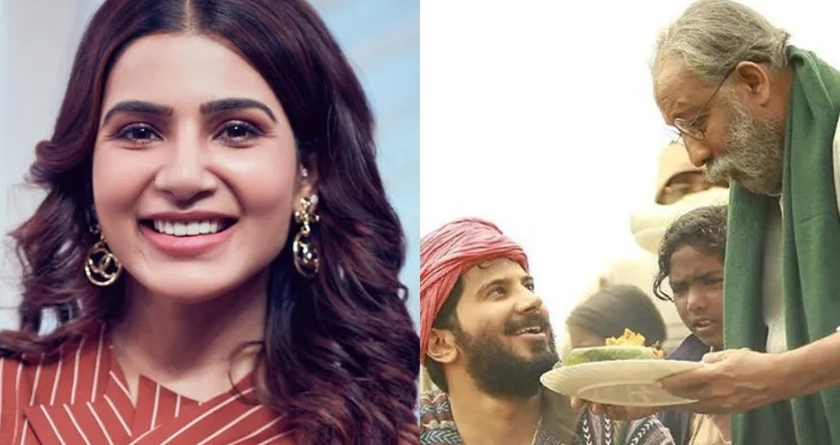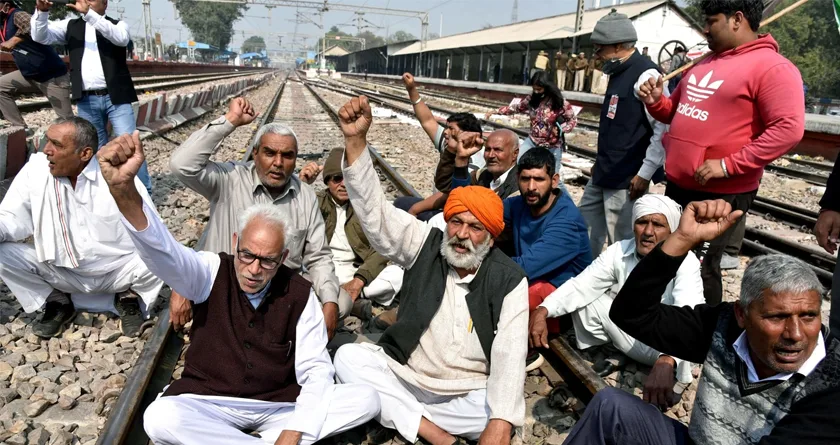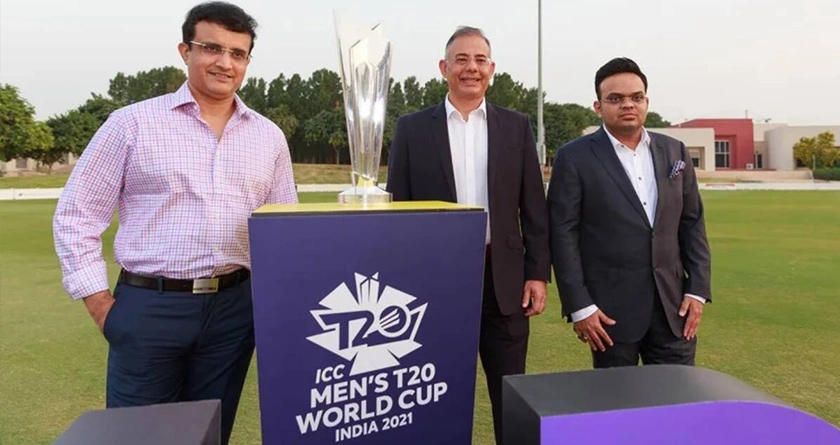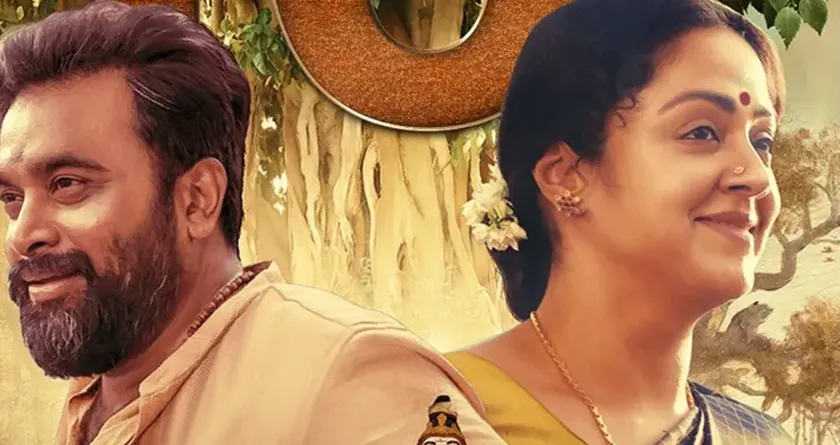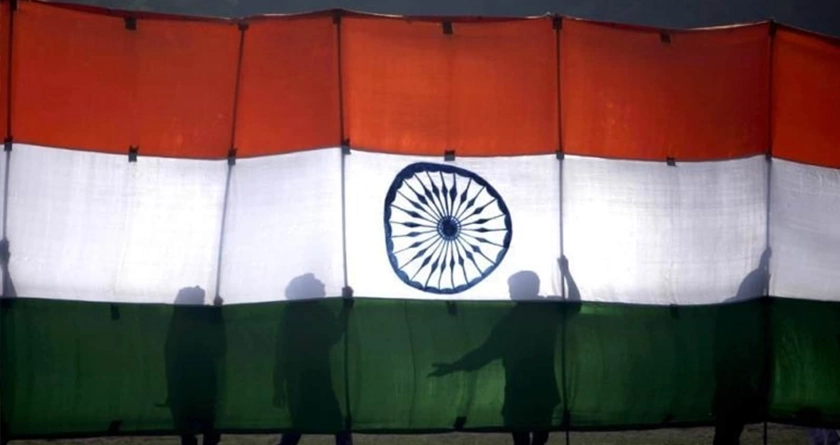
As shown in a Pew survey, India's "woke" politics are a liability.
Respecting other religions is a vital aspect of being Indian…get full details…
Wednesday, 30th June 2021
Indians, regardless of faith, are not just believers but also conservative when it comes to religion. This truth is unaffected by political support, even for rationalist and communist political groupings. While they claim to appreciate individuals of all faiths, they are not enthusiastic about promoting western-style secularism, which demands for the separation of religion and politics.
Some of the most contentious and divisive political positions around religion, such as the monster of Love-Jihad, are based on broad dislike of such notions in principle rather than on facts. If these conclusions are correct, it means that radical secularism or "woke" politics is unlikely to succeed in India, and that mainstream politics will continue to cater to conservative values both caste and religion have their own set of ideals.
These are some of the intriguing findings of a poll undertaken by the Pew Research Centre, a Washington-based "nonpartisan truth tank" that provides some important insights on religion's impact in politics. Religious Tolerance and Segregation in India is based on 30,000 interviews performed between November 2019 and March 2020.
In India, the connection of religion and politics has long been a contentious issue. The Indian nation was born divided along religious lines, but it later established a secular style of government. Since the Bharatiya Janata Party (BJP), a political offshoot of the Rashtriya Swayamsevak Sangh (RSS), stormed to a parliamentary majority in 2014, becoming the first party to do so since 1984, this subject has resurfaced. In 2019, it repeated the feat. The BJP's electoral win was based on a large-scale consolidation of Hindu votes, Muslims are essentially non-existent in the ruling party's support base or elected officials.
The opposition, realising the magnitude of the political task, has tried a variety of strategies to confront the BJP. The most popular of them has been what is known as the "soft-Hindutva" approach. During political campaigns, political figures openly associate with Hindu religious symbols such as visiting temples or even reciting scriptures.
The success of such a strategy has been uneven, which makes establishing a cause-and-effect relationship challenging. A small but outspoken minority also argues for a radical approach to challenging and destroying existing religious and cultural standards.
It is against this backdrop that the survey's findings are intriguing. Here are a few of the most important:
When it comes to God, Indians are largely believers. This pattern holds across religions, with the exception of Buddhists, where one-third identify as non-believers. While the overall percentage of non-believers in major religions is tiny, the likelihood of encountering one among Muslims or Sikhs is three times that of Hindus or Christians.
The conversion of Bhim Rao Ambedkar to Buddhism in 1956 appears to be the driving force behind the disproportionately large number of non-believers among Buddhists. In the poll, 89 percent of Buddhists said they belonged to the Scheduled Castes (SC). “It appears that Maharashtra has a higher percentage of Buddhists who are also Dalits and atheists (5 percent of Maharashtra's total population vs. 0.5 percent countrywide). Of course, Maharashtra is home to the vast majority of Indian Buddhists (85%), according to Neha Sahgal, associate director of research at Pew Research.
The News Talkie Bureau
Source:
Hindustantimes




